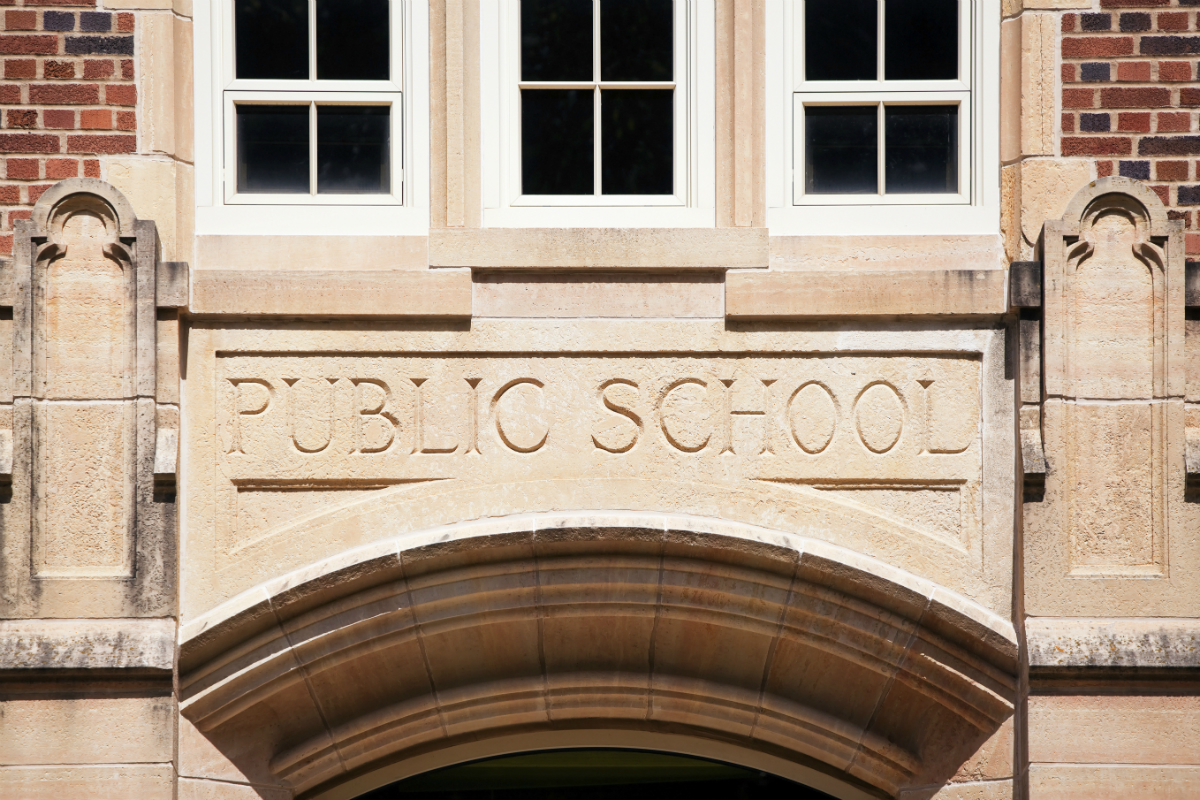By CSBA Legislative Advocate Carlos Machado
Recent developments at the state and local levels have highlighted a few troubling deficiencies in current law related to the charter school authorization process. These issues exacerbate the difficulties that both school districts and county boards of education experience in carrying out the careful steps required to fairly evaluate petitions to establish new charter schools.
CSBA, along with Napa Valley Unified School District and Vallejo City USD, have co-sponsored Senate Bill 1380 (Dodd, D-Napa) to address the deficiencies and fix a critical loophole that persisted after recent reforms to the Charter Schools Act in 2019.
A petition to establish a charter school in Napa Valley USD has once again emphasized a statutory loophole used to revive petitions denied by a school district authorizer or to bypass the district-authorizing process altogether. A petition substantially similar to one denied by Napa Valley USD was recently submitted for a second time to the Napa County Board of Education to establish a countywide charter school. Similar tactics have been used in other parts of the state to circumvent a school district governing board or avoid the appeal process established for petitions denied by local authorizers.
SB 1380 would explicitly authorize a county board of education to make a finding to deny a countywide petition if a substantially similar petition has previously been denied by the governing board of a school district in which the charter school proposes to operate, locate or place its school facilities. A corresponding provision is added by the bill to the district-authorizing statute. The bill would prohibit a person from submitting a substantially similar petition to one denied by a school district governing board to the county board of education for the establishment of a countywide charter school.
By creating this explicit authority and the prohibition described above, the bill would:
- Prevent the misuse of the authorizing process to circumvent the appeal process
- Create tools for authorizers that effectively discourage authorizer shopping
- Reduce unnecessary and costly conflicts among school districts, county offices of education (COEs) and petitioners
- Protect the integrity of the separate and distinct countywide and school district authorizing processes
The bill would not prevent a person from pursuing the establishment of a countywide charter school if they have had an unrelated petition denied by a school district. The limitation on initiating the establishment of a countywide charter school that is substantially similar to one denied by a school district authorizer would apply only to the petition itself — not to the petitioner.
It is also important to address instances where a person unintentionally or intentionally seeks the establishment of a countywide charter school with a petition that should have been submitted to a school district authorizer.
Current law requires the petitioner, at the public hearing at which the county board of education will either grant or deny the charter, have equivalent time and procedures to present evidence and testimony to respond to the staff recommendations and findings regarding the petition to the establish a countywide charter. Under SB 1380, an affected school district and a petitioner will both have the same opportunity to address the county board of education at the hearing on the countywide charter petition.
A school district may provide evidence and testimony on the following:
- The impact of the charter school on the interests of the entire community in which the charter school is proposing to operate, locate or place its school facilities
- Fiscal impact on the school district by the proposed countywide charter school
- Whether the educational services to be provided by the charter school will offer services that cannot be provided as well by a charter school that operates in only one school district in the county
These proposed changes to permit a school district to present at a county board of education hearing are based upon similar requirements that exist in current law. As noted above, the statute grants a petitioner equivalent time and procedures to present evidence and testimony at the hearing (Education Code 47605.6(b)). In the district-authorizing statute, a school district may deny a petition if it makes a written factual finding that the charter school is demonstrably unlikely to serve the interests of the entire community (EC 47605(b)(7)). The statute also requires the analysis of the finding to include consideration of the fiscal impact of the proposed charter school. A district may also deny a petition based upon a finding that it is not in a position to absorb the fiscal impact of the proposed charter school due to certain conditions that exist within the district (EC 47605(b)(8).
Extending an opportunity for a school district to present at a hearing on a countywide petition that is in essence a district petition that bypassed the district-authorizing process entirely, will help correct the following problems that existing with current law:
- Ensures relevant evidence and testimony is made available to a county board of education
- Corrects the procedural imbalance in the rules that apply to the school district and the petitioner
The improvements that SB 1380 make to the authorizing process at the county level will preserve and further expand the authority of a county board of education, while keeping fully intact the de Novo standard of review that they exercise in appeals of denied charter school petitions.
SB 1380 would also revise and expand the conditions under which a school district may find it is not in a position to absorb the fiscal impact of the proposed charter school. The bill strikes the reference to state receivership and replaces it with the following conditions:
- The school district has, within the immediately preceding five fiscal years, adopted necessary budgetary solutions including, but not limited to, the consolidation of school sites, to maintain or improve the school district’s fiscal solvency
- The school district has an emergency loan and has not met the conditions to terminate the monitor’s appointment — a clarification of what constitutes a district under state receivership
- The school district, in each of the first five fiscal years after repayment of the emergency apportionment and the termination of the monitor appointed by the county superintendent, State Superintendent and the SBE president, meets certain thresholds for enrollment declines in each of the years
These changes, which refine the tools an authorizer can use to better assess a school district’s ability to absorb the fiscal impact of a proposed charter school, would:
- Provide critical support to school districts on the path to fiscal solvency, including those that have consolidated or closed school sites in order to protect programs and services for students throughout the district
- Address the ambiguity in current law concerning what constitutes a school district under state receivership for purposes making fiscal impact findings
- Preserve the significant and long-term investments by the state, school districts and COEs in support of students and the schools that serve them
SB 1380 is expected to be heard for the first time in late March or early April in the Senate Education Committee. More information on the bill, including a copy of the bill text and its status can be found here.




